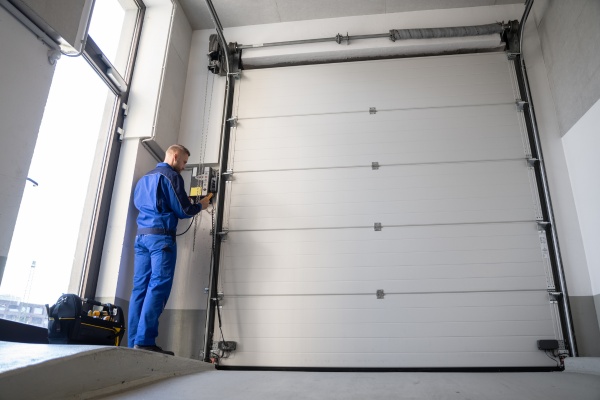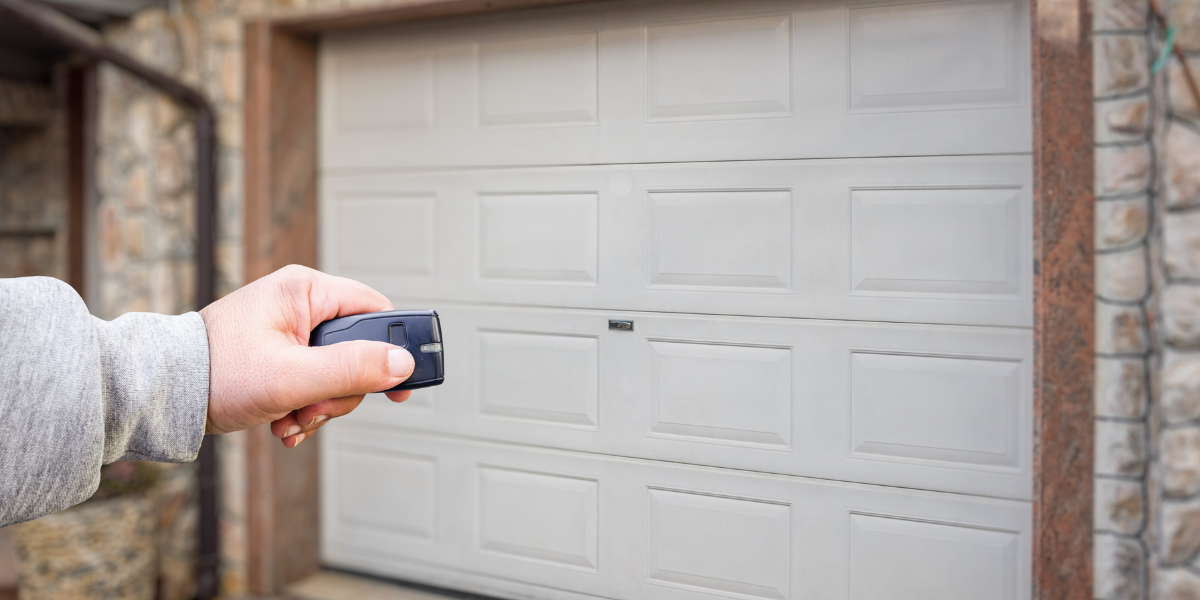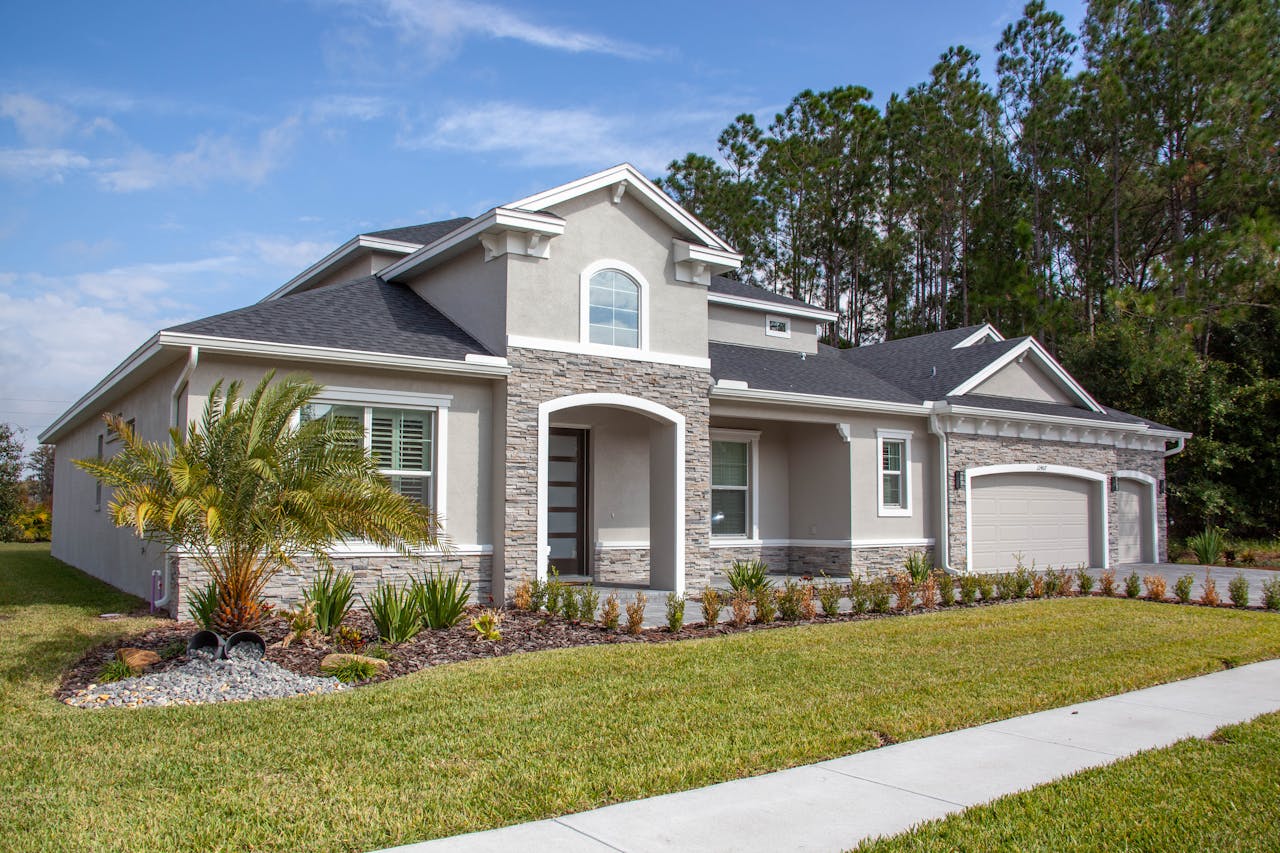Thinking about upgrading your garage door? Or maybe it's sprung a leak and needs immediate attention? This comprehensive guide covers everything you need to know about garage door repair and installation, from choosing the right materials to tackling DIY fixes and understanding professional installation. Whether you're a DIY enthusiast or prefer professional help, we've got you covered.
Understanding Garage Door Types
Choosing the right garage door is crucial for both functionality and aesthetics. Several factors influence your decision, including material, style, and insulation. Popular materials include steel, wood, aluminum, and fiberglass, each offering unique benefits regarding durability, maintenance, and energy efficiency. Single or double garage doors cater to different needs, influencing the overall size and cost of installation. Insulated garage doors provide better thermal protection, reducing energy costs throughout the year, while non-insulated options are often more budget-friendly. Carefully consider your budget, climate, and aesthetic preferences when selecting your garage door type.
Costs Involved in Garage Door Services
The cost of garage door services varies significantly based on several factors. Material choice impacts the initial cost, with steel doors typically more affordable than wood or composite options. The size of the door and any custom features also influence the final price. Installation costs depend on the complexity of the job, labor rates in your area, and any unforeseen issues. Repair costs depend on the nature of the damage, ranging from minor adjustments to extensive repairs or replacements of components such as springs, cables, or tracks. Getting multiple quotes from reputable garage door companies is recommended for a clear understanding of the total cost.
How to Choose the Right Garage Door Opener
Your garage door opener is the heart of your garage door system. Options range from basic models with simple remote control functionality to smart openers that offer additional features like smartphone control, keypads, and integrated safety sensors. Smart garage door openers allow for remote monitoring and control, providing convenience and peace of mind. Consider factors like ease of https://privatebin.net/?6ceb915d6380ec53#2iGoUAotgA85eWSwjs6Eiqoh6EDxd2NiqTiENjWEwj7M use, safety features (such as automatic reverse sensors), and your budget when making your selection. Keypad entry adds an extra layer of security, especially if you often leave your remote inside.

DIY vs. Professional Installation
While some basic garage door repairs are manageable for DIY enthusiasts with appropriate tools and skills, major repairs and installations are best left to professionals. Professionals possess the expertise and specialized tools for safe and efficient installation, ensuring proper alignment and functionality. DIY attempts on complex repairs or installations could lead to safety hazards, costly mistakes, and void warranties. Professional installation often includes warranties on both labor and materials, providing added assurance. Evaluate your skill level and comfort level before undertaking any garage door project.
Common Garage Door Problems and Solutions
Troubleshooting minor garage door problems can often save time and money. Common issues include noisy operation, difficulty opening or closing, and broken springs or cables. Regular maintenance, including lubricating moving parts, can prevent many problems. Safety sensors are crucial for preventing accidents. If you encounter problems beyond basic lubrication or minor adjustments, it is best to consult a professional garage door repair service for safe and effective solutions. Ignoring minor problems can lead to more significant and costly repairs down the line.
Warranty and Permit Considerations
Before making a purchase, understand the warranty offered by the manufacturer and installer. Warranties cover defects in materials and workmanship for a specified period. Some localities require permits for garage door installations, particularly for significant modifications or replacements. Check with your local building department to understand any permit requirements in your area. The cost of permits can vary based on location and the scope of the project. Properly understanding warranties and permit requirements safeguards your investment and ensures compliance with local regulations.
Energy Efficiency and Material Selection
For improved energy efficiency, choose insulated garage doors. Insulated doors help regulate the temperature within your garage, reducing energy loss and saving on heating and cooling costs. Materials like steel and composite offer excellent insulation properties. Consider the climate in your area when selecting materials; in colder climates, well-insulated doors are crucial. Energy-efficient doors not only reduce your environmental impact but also contribute to a more comfortable and cost-effective living space.

Comparing Garage Door Materials
Different materials offer unique advantages and disadvantages. Steel garage doors are durable, relatively inexpensive, and require minimal maintenance. Wood doors offer classic beauty and can be customized with paint or stain but may require more maintenance. Aluminum doors are lightweight and rust-resistant but are less durable than steel. Fiberglass doors provide a good balance of strength, insulation, and low maintenance. Choosing the right material depends on your budget, aesthetic preferences, and the overall climate of your location.
Seasonal Maintenance Tips for Garage Doors
Seasonal maintenance is crucial for maintaining your garage door's functionality and longevity. In winter, clear snow and ice buildup from the tracks and door itself. During spring, check for any damage caused by winter weather and lubricate moving parts. Regular lubrication helps prevent wear and tear and ensures smooth operation. Fall is a good time for a thorough inspection before winter arrives. Regular maintenance prevents unexpected breakdowns and extends the lifespan of your garage door system.
Innovative Garage Door Technologies
Modern garage doors incorporate smart technology for enhanced security and convenience. Smart garage door openers allow for remote monitoring and control via smartphone apps. Some models incorporate sensors that detect obstacles, preventing accidents. Automated systems offer features like automatic closure and programmed opening times. These innovative technologies enhance safety and convenience while adding a modern touch to your home.
Frequently Asked Questions about Garage Doors
Q: What is the average cost of garage door installation? A: The cost varies widely based on factors like door size, material, opener type, and labor costs in your area.

Q: How long does it take to install a garage door? A: Installation time typically ranges from a few hours to a full day, depending on the complexity of the installation.
Q: What should I do if my garage door won’t close? A: Check the safety sensors, lubricate moving parts, and inspect for any obstructions. If the problem persists, contact a professional.
Q: Are there garage door styles that improve energy efficiency? A: Yes, insulated garage doors significantly improve energy efficiency by reducing heat transfer.
Q: How often should I get my garage door serviced? A: At least once a year, or more frequently if you notice any problems.
Conclusion
Choosing the right garage door and ensuring proper installation or repair are essential for home security, convenience, and curb appeal. By understanding the different types of garage doors, openers, and materials, you can make informed decisions that meet your specific needs and budget. Whether you choose a DIY approach or hire a professional, remember that regular maintenance is key to ensuring your garage door operates smoothly and safely for years to come. Contact a reputable garage door company today for a free quote and expert advice.